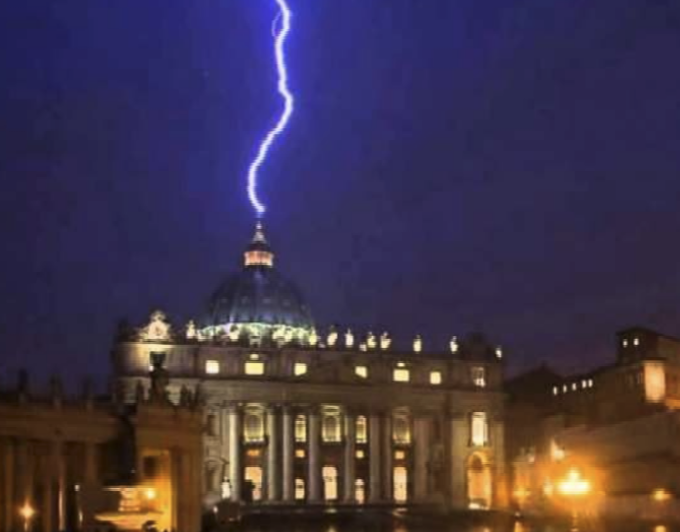Once upon a time, Sen. Joe Biden was almost a pro-life Catholic Democrat.
This may be the reason — as journalists frequently note — that he seems uncomfortable saying “abortion” in public remarks. Then again, he may also have private polling numbers on the muddled state of public opinion in which millions of Americans, including lots of Democrats, (a) oppose the U.S. Supreme Court overturning Roe vs. Wade, yet (b) are also in favor of European-style restrictions on abortion that have been blocked by U.S. courts because of legal logic built on Roe.
As is so often the case, Americans want it both ways and it’s rare for the mainstream press to note the tensions in that stance, since that would require balanced coverage of debates about Roe.
Back to Biden and a must-read Washington Post political feature that served as the hook for this week’s “Crossroads” podcast (CLICK HERE to tune that in). After spending much of his career somewhere in the middle on abortion, Biden now leads a Democratic Party that has veered so far to the cultural left that it champions third-trimester abortion (and even efforts to save the life of a baby born during a botched abortion).
That stance is hard to square with the Catechism of the Catholic Church, as well as lots of opinion polls, especially in states that will — if what appears to be a 5-3-1 SCOTUS verdict against Roe survives a blitz of elite media scorn — face debates about centrist laws to restrict, but not ban, abortion on demand.
Here is the top of the Post report, and readers are urged to spot a major abortion-talk stumble from Biden:
Joe Biden became a senator in 1973, just 17 days before the Supreme Court decided the landmark abortion rights case Roe v. Wade. Soon after, the young senator, a practicing Catholic, told an interviewer that he disagreed with the decision and that he had views on such matters that made him “about as liberal as your grandmother.”
“I don’t like the Supreme Court decision on abortion. I think it went too far,” he concluded in 1974. “I don’t think that a woman has the sole right to say what should happen to her body.”
Nearly a half-century later, with Biden evolving along with his party on the issue of abortion rights, he again declared the court was moving too far — this time, he argued, in the opposite direction.
“The idea that we’re going to make a judgment that is going to say that no one can make the judgment to choose to abort a child, based on a decision by the Supreme Court, I think, goes way overboard,” Biden said on Tuesday in reaction to a leaked Supreme Court draft opinion proposing to overturn Roe v. Wade.
Note that the Post editors, as opposed to some other elite media sources, used that quote in which Biden spoke words — “abort a child,” as opposed to a “fetus” — long banned in public-relations efforts for a pro-abortion-rights stance. I took that as a sign to keep reading.










